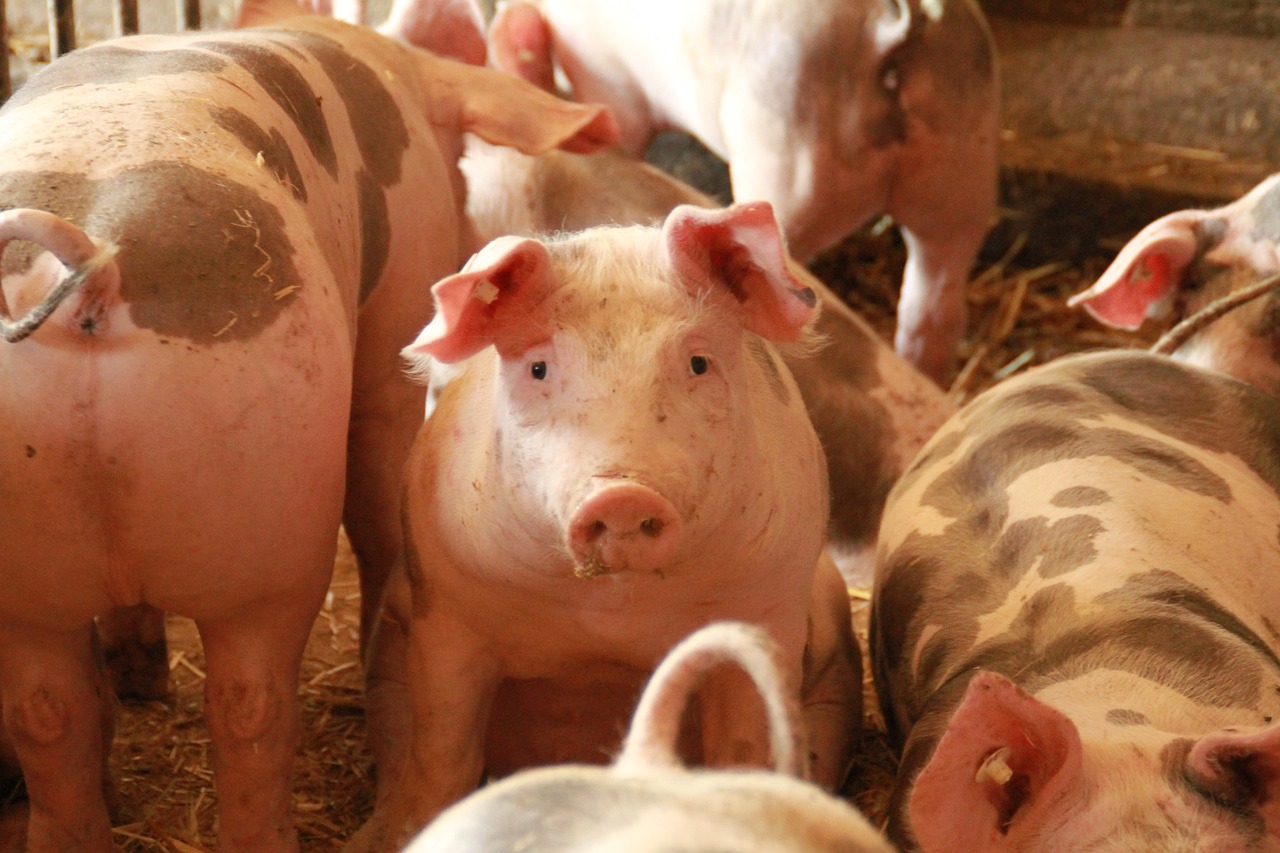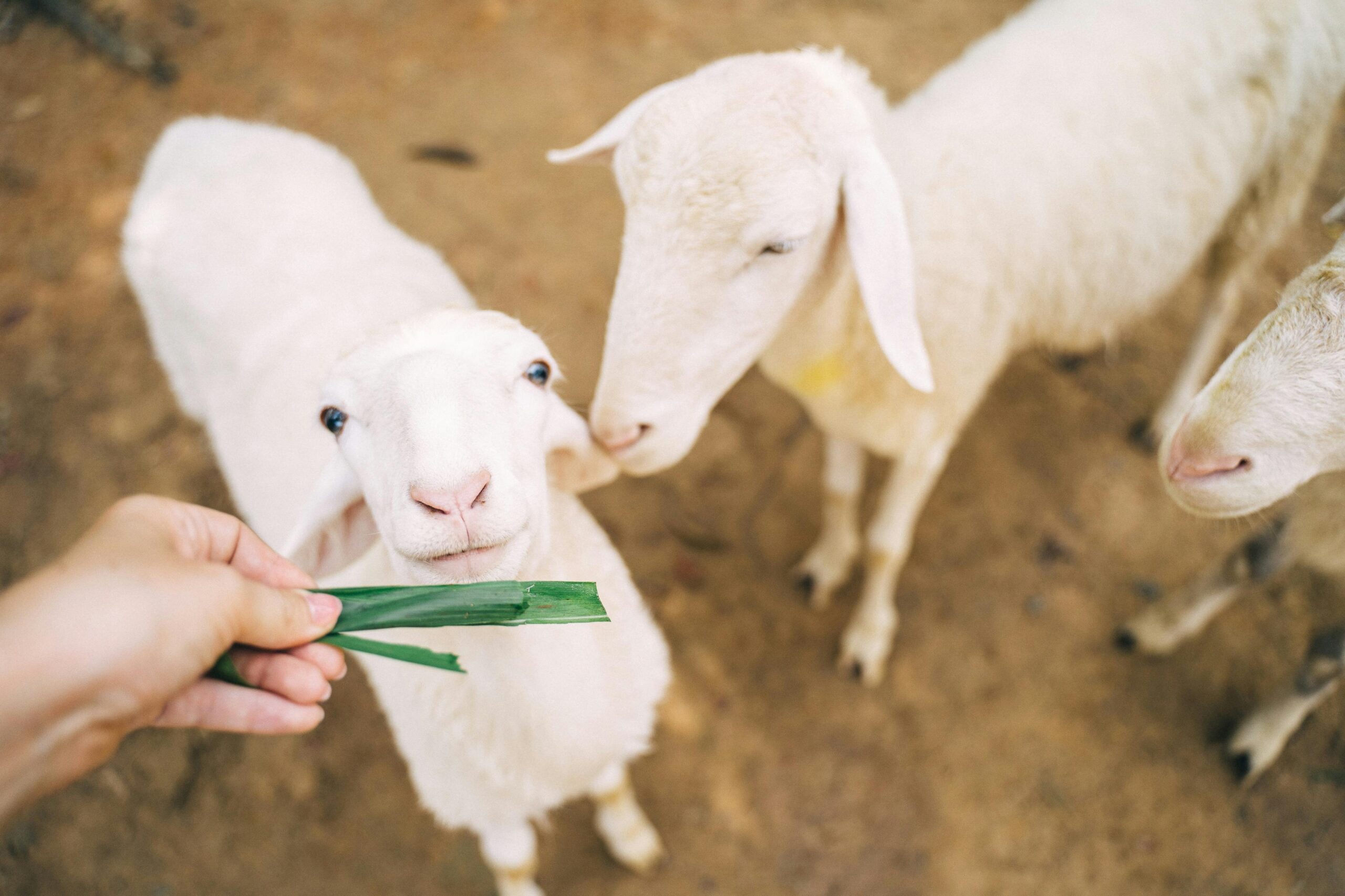
Thousands of pigs ready for slaughter could not be slaughtered in Hungary due to the virus.Continue reading

The possibility of introducing active vaccination at the EU level, to provide a solution to the spread of animal diseases across Europe and their serious economic consequences, was discussed at a meeting of EU agriculture ministers on the initiative of Hungary, the Agriculture Minister said in Brussels on Monday.
Speaking at a press conference following the discussions, István Nagy said that a number of viruses affecting farm animals had emerged in Hungary and other EU countries, causing significant damage to agriculture and livestock production.
He said the Hungarian proposal aims to bring about a change of approach in animal health practice at EU level.
As part of the initiative, backed by 24 Member States, Hungary called for the EU to examine the possibility of vaccination in a scientifically rigorous way and to develop a coherent control strategy against diseases that cause serious economic losses,
he explained.
In his view, the introduction of a vaccination program could help stem the current wave of infections, and in the long term, help to restore vaccine-free livestock.
He added that the recent frost damage had severely affected Hungarian fruit production, with over 17,000 hectares of plantations reporting significant damage, putting the livelihoods of the farmers concerned at serious risk.
To address the situation, Hungary has requested the opening of the European Union Reserve Fund to provide targeted support and compensation to the affected farmers.”
he said.
The agriculture minister noted that the package of proposals on simplifying the Common Agricultural Policy (CAP), which included several Hungarian motions, was also a key topic on Monday’s agenda. The package of proposals aims to amend the rules on greening, reduce the administrative burden on small farms, and make wider use of risk and crisis management tools, which in the opinion of the minister, could help farmers access their support funds more easily.
However, he stressed that Hungary strongly opposes the idea of the General Affairs Council deciding on the future of the CAP instead of Member States’ agriculture ministers, as the political responsibility lies with the ministers of agriculture and they should retain the right to make decisions.
The politician said that the transfer of decision-making would set a dangerous precedent which could undermine the role of the Agriculture and Fisheries Council in the long term and consequently the representation of European agriculture.
He also informed the media that the future of EU agriculture and food supply was back on the agenda, with a particular focus on the future of the Common Agricultural Policy (CAP) after 2027.
As he said,
the EU Council’s conclusion, unanimously adopted by all 27 agriculture ministers during last year’s Hungarian Presidency, provides a clear basis for this issue: the Common Agricultural Policy must continue to have a separate budget, resting on two pillars.
One is the regular payment of area-based subsidies, the other is the availability of investment and rural development support for all farmers.
The agriculture minister also warned that if the EU-Ukraine free trade agreement is extended at the beginning of June, the border countries, including Hungary, will have to conclude a special agreement that protects farmers’ interests. In this context, he drew attention to the EU-Mercosur agreement, which is not yet in force: he said that such agreements could have cumulative negative effects, especially for border countries. “It is essential to insist that only products produced and marketed under the same rules as in the EU should be allowed into the EU,” the politician underlined.
Via MTI, Featured image: Pexels